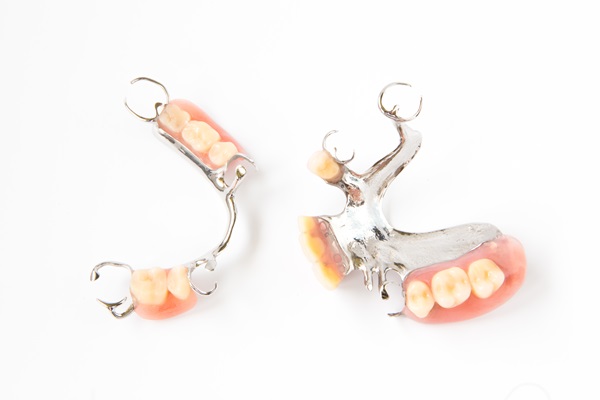4 Family Dentistry Tips for Preventing Tooth Decay

Family dentistry involves performing preventative treatments that keep oral problems like tooth decay away. It is one of the most prevalent issues dentists deal with, right next to gum disease. Tooth decay is the breakdown of dental structures that occurs when they are overexposed to acids created by oral bacteria. These acids eat away at teeth, leading to the formation of cavities.
How family dentistry addresses tooth decay
Tooth decay starts as a very minor issue that can be reversed in its earliest stages with a fluoride treatment, but it can lead to infection and the loss of a tooth when left untreated. Family dentistry has a variety of treatments that can be used to prevent and treat tooth decay. This includes:
- Dental sealants
- Fluoride treatments
- Fillings
- Composite resin
- Crowns
- Root canals
Good oral hygiene also goes a long way when it comes to keeping teeth decay-free. Here are some tips from our family dentist:
1. Brush at night
Dentists often recommend brushing at least two times daily and one of those times should be right before going to bed. Saliva production slows down as a person sleeps, leaving teeth more vulnerable to decay. Brushing right before bed gets rid of plaque, bacteria, and acids that have built up on teeth during the day, preventing them from damaging teeth when saliva flow slows down. As a bonus, those who brush before going to bed wake up with fresher breath compared to those who do not.
2. Floss
Flossing is equally as important as brushing. The tight spaces between teeth are just as vulnerable to tooth decay and these areas serve as perfect homes for bacteria, food particles, and plaque. As long as a tooth has sides that are not plaque-free, it remains vulnerable to decay.
Think of each tooth like a piece of wood. Painting only a few sides with varnish will not prevent it from rotting if it is exposed to the elements. All of its sides need to be covered with the protective coating to protect the tooth.
3. Eat healthily
Teeth need nutrients like fluoride and calcium to remain strong and healthy. A balanced diet provides these nutrients. Green leafy vegetables and dairy products are great sources of calcium, while tap water is usually fluoridated.
4. Visit a dentist twice a year
Dentists perform treatments like teeth cleanings during routine visits and the patient's teeth are examined for decay. Fluoride treatments can be used to reverse minor decay, and fillings can be used to prevent cavities from expanding. Those who have a higher risk of decay can protect their teeth with dental sealants.
As a general rule, the earlier a dentist notices signs of decay, the easier it is to treat it.
Keep tooth decay away
Call or visit our San Dimas clinic to learn more about how to keep your teeth free of decay. Our dentist can perform preventative treatments while you are here.
Request an appointment here: https://sandimassedation.com or call San Dimas Family and Sedation Dentistry at (909) 305-2300 for an appointment in our San Dimas office.
Check out what others are saying about our services on Yelp: Read our Yelp reviews.
Recent Posts
Today, with increasing importance placed on dental aesthetics, there are many reasons why one may consider a trip to the cosmetic dentist. The desire for good-looking teeth is important as beautiful smiles are known to contribute to a person's overall well-being and positive self-image. There are many different avenues for fixing an imperfect smile. In…
An article by GlaxoSmithKline Consumer Healthcare states that more than 18 million people wear partial dentures. Anyone who has been considering getting partials to improve their speech, ability to chew, and even their appearance is not alone. It helps to have the proper information beforehand, though. Partials are created from a wide variety of materials, each…
Dental bridges offer a reliable and effective solution for replacing missing teeth. A missing tooth, whether caused by injury, decay, or other dental issues, can impact the health and appearance of your smile. Fortunately, dental bridges can help restore your oral health. Here are five benefits of choosing dental bridges as your tooth replacement option.Dental…
Individuals suffering from damaged or unsightly teeth may benefit from receiving dental crowns. This straightforward and relatively common procedure can help restore the look and function of healthy, natural teeth. While a variety of components may be used to form dental crowns based on the patient's individual preferences and needs, the installation process is usually…


